Vienna talks: Moscow says exact forecasts not possible during complicated negotiations
Russia’s top negotiator at the Vienna talks has voiced regret that the fifth round of the talks with the aim of reviving the 2015 Iran nuclear deal did not produce an agreement, saying exact forecasts are not possible during such complicated negotiations.
“Unfortunately the fifth round of the Vienna talks did not become final as the negotiators hoped. Experience tells us that during such complicated negotiations exact forecasts are not possible,” Mikhail Ulyanov, who also serves as Russia’s permanent envoy to the international organizations in Vienna, said via Twitter on Thursday.
The Russian diplomat also endorsed the latest remarks by Iran’s top negotiator Abbas Araqchi, saying his view “seems to be realistic judging by the progress achieved.”
Unfortunately the fifth round of the Vienna talks did not become final as the negotiators hoped. Experience tells us that during such complicated negotiations exact forecasts are not possible. However the view of Mr.Araghchi seems to be realistic judging by the progress achieved https://t.co/L00yvLwJP5
— Mikhail Ulyanov (@Amb_Ulyanov) June 3, 2021
Speaking with IRIB last night, Araqchi said “the next round of the talks in Vienna, logically, could and should be the final round,” adding that “we decided to have a week for break and consultations.”
The Vienna talks began in April with the aim of restoring the nuclear pact, called the Joint Comprehensive Plan of Action (JCPOA), through securing US return to the deal followed by Iran’s resumption of its nuclear obligations.
Tehran suspended its obligations under the JCPOA in May 2019, a year after Washington pulled out of the agreement under former US President Donald Trump and reinstated the sanctions that had been lifted against Iran.
So far, the talks have not led to a tangible outcome, but Iran says the US has already agreed to remove the main sanctions targeting Iran’s oil industry and financial sector.
Ulyanov’s remarks came only days after he said “there are no plans for the sixth” round of talks.
However, following days of intensive talks, the negotiators concluded last night that they needed to return to their respective capital once again for week-long consultations.
China’s Foreign Ministry spokesman Wang Wenbin said on Thursday that important progress has been made in the talks, noting that all relevant parties have demonstrated the political will to reach an agreement to fully implement the JCPOA.
“Meanwhile there are still some differences that will need to be bridged through arduous negotiation,” he said. “China hopes that all parties concerned will rise above distractions, act with greater urgency, make bold political decisions at an early date and work to resolve remaining issues in a flexible and practical manner.”
Wang also explained that the root cause of the issue is the United States’ withdrawal from the JCPOA and its “maximum pressure” on the Islamic Republic.
The US side, he continued, should revoke all unilateral sanctions on Iran and third parties and Iran should resume full compliance on this basis.
Russia and China have backed Iran’s position throughout the negotiations.
Iran’s position, since it began to reduce its nuclear commitments to the deal, has been that it will reverse all of its “remedial measures” once the US removes all the sanctions and returns to full compliance with the JCPOA in a verifiable manner.
Iran’s Foreign Ministry spokesman Saeed Khatibzadeh reiterated earlier this week that the ball is in Washington’s court to decide whether it wants to pursue the failed legacy of Trump – namely the maximum pressure policy – or turn over a new leaf and return to its obligations under the JCPOA.
“If that happens, Iran’s response will be the full implementation of the JCPOA,” Khatibzadeh said at a press conference on Monday.
Israel kills 5 more paramedics in southern Lebanon: Health ministry
Iran to launch ‘new, advanced’ centrifuges in response to IAEA resolution: AEOI
Yemen fires hypersonic missile at Israeli airbase
VIDEO | New Delhi chokes under toxic smog as air quality remains at hazardous levels
VIDEO | Press TV's news headlines
VIDEO | ICC's arrest warrant for Netanyahu to worry Western politicians: Former British diplomat
Iranians protest against Israel after Netanyahu ICC warrant
Germany undecided on complying with ICC arrest warrants for Israeli war criminals




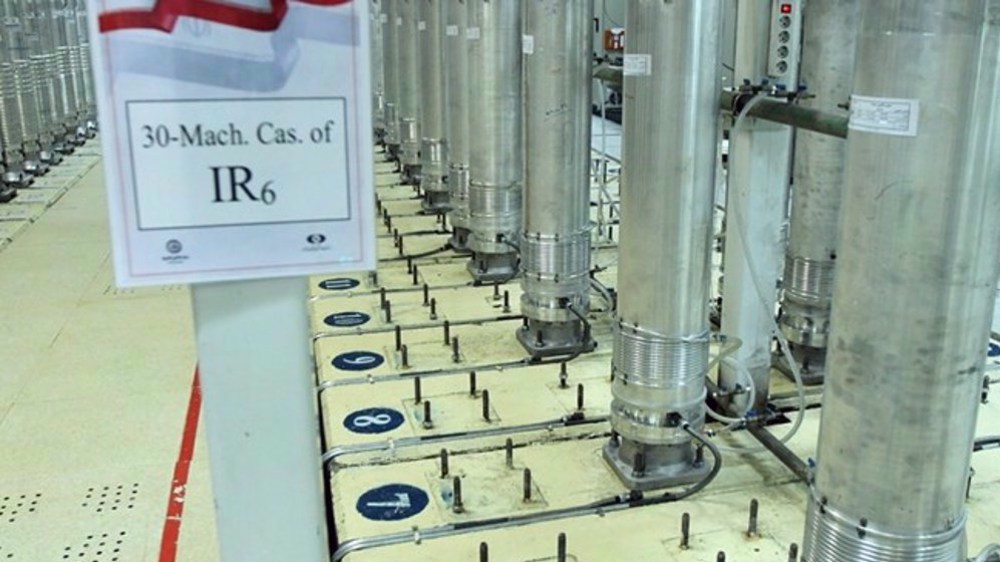
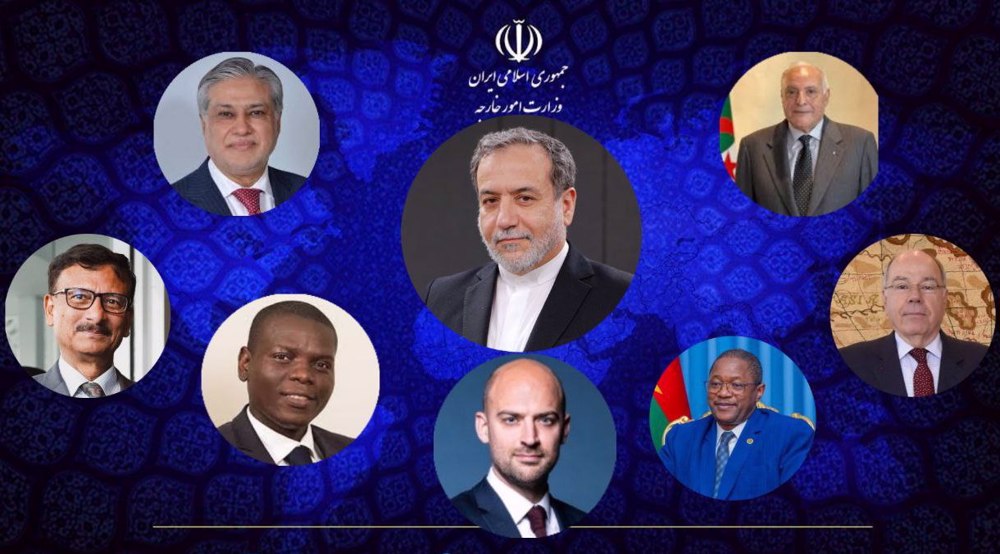
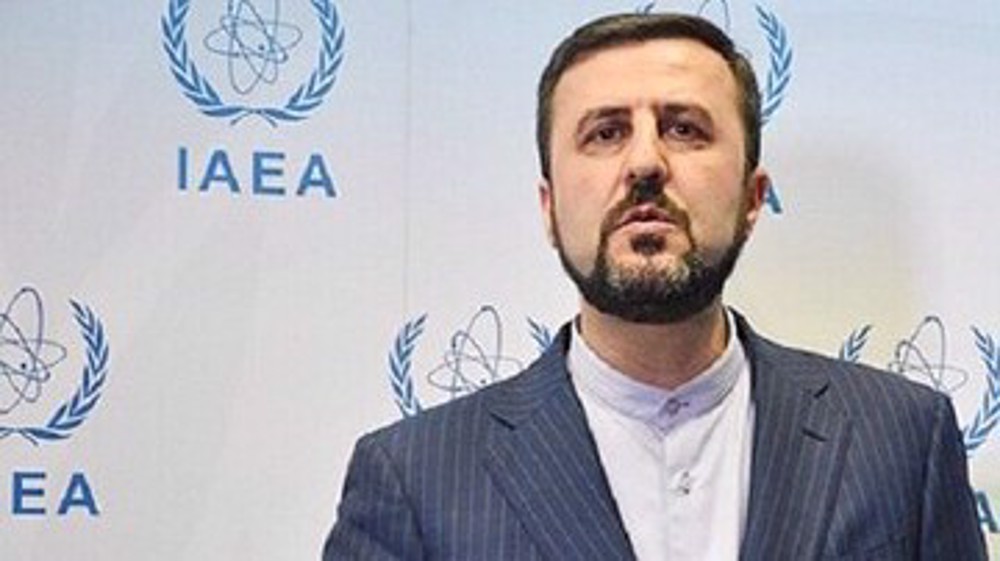



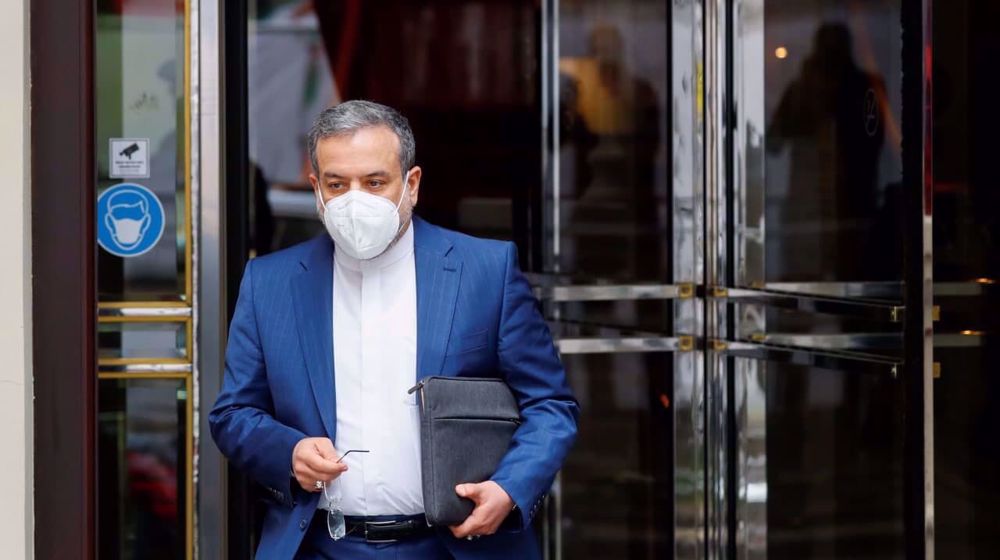
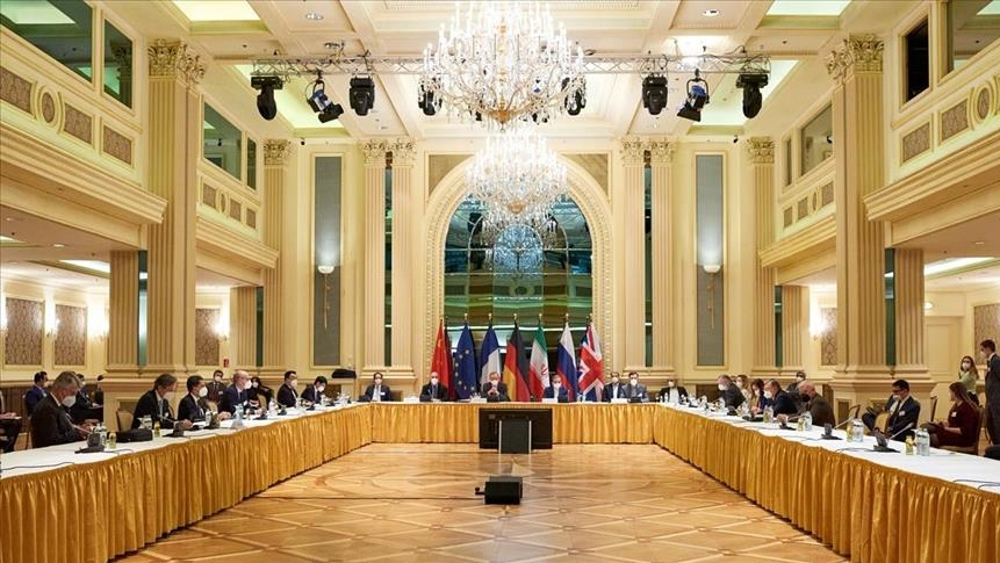
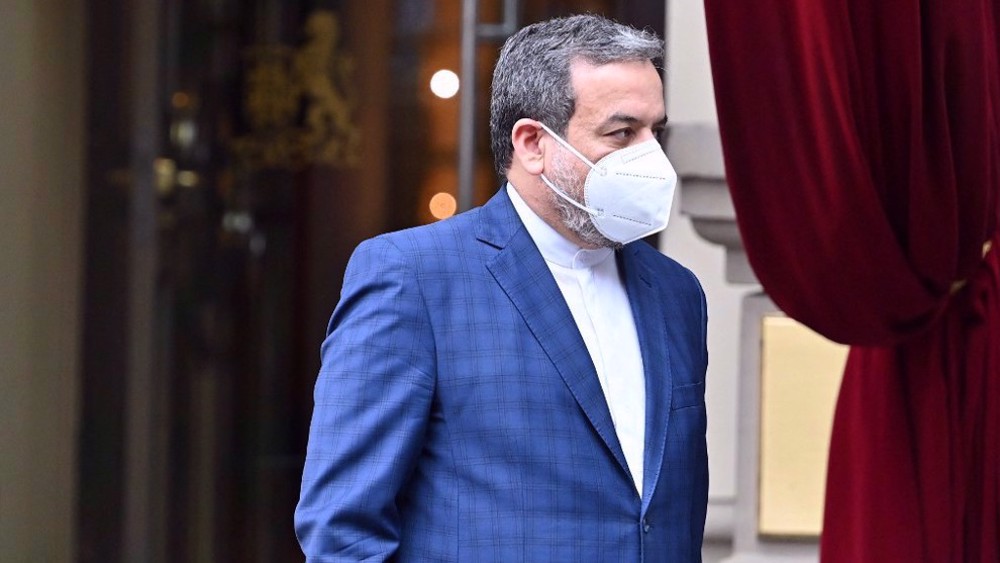
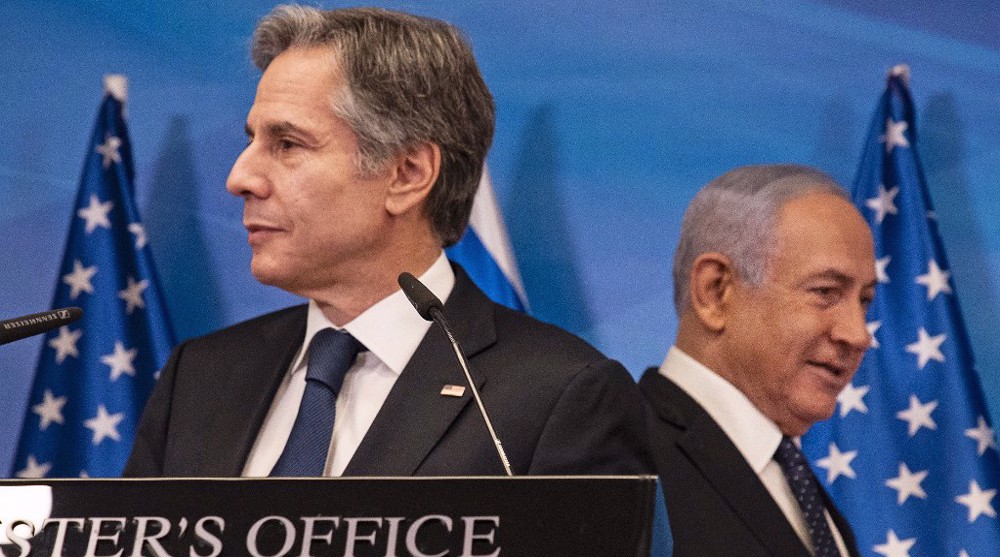
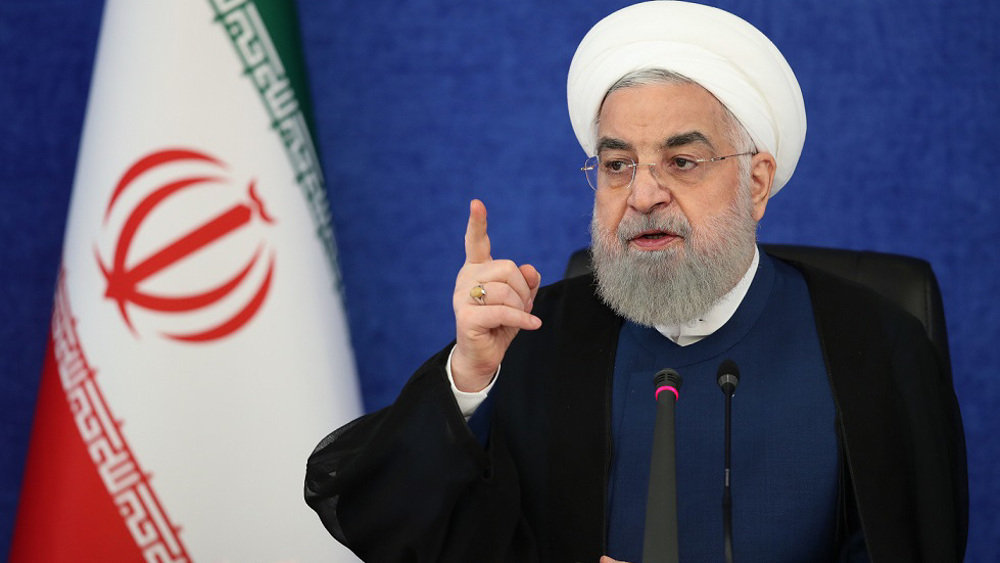

 This makes it easy to access the Press TV website
This makes it easy to access the Press TV website